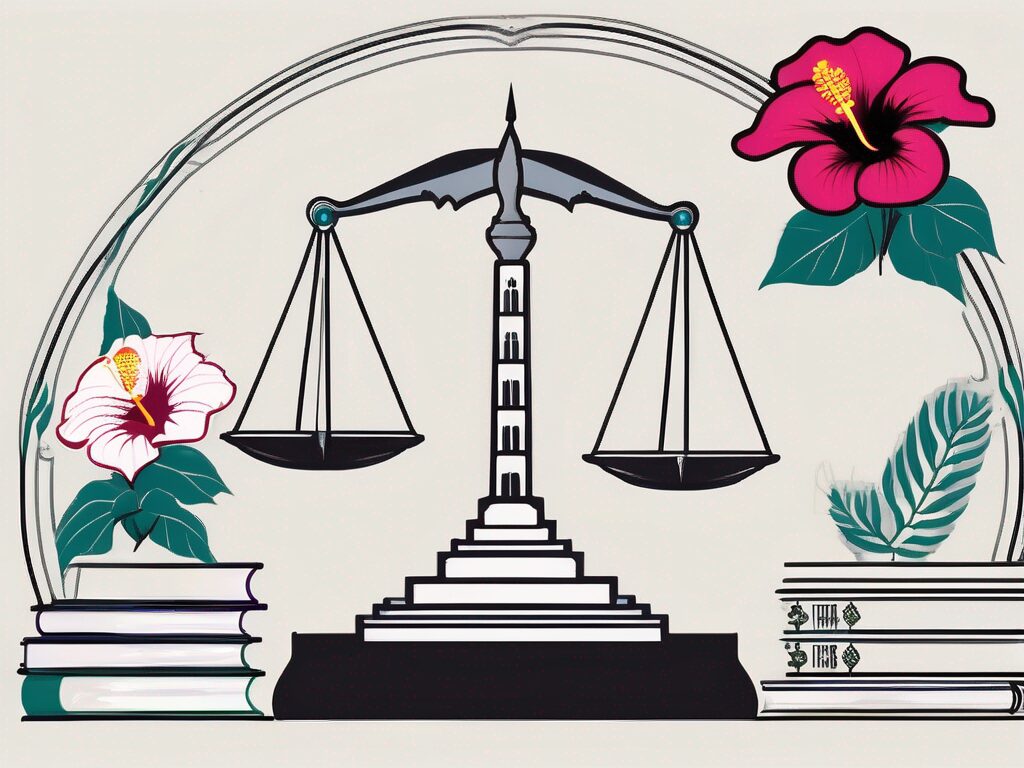The quest for gender equality is a global movement that has gained significant attention in recent years. In Malaysia, this movement has permeated various sectors, including education. The Postgraduate Certificate in Education (PGCE) has emerged as a pivotal tool in this regard, helping to break down barriers and promote gender equality in Malaysian education. In this piece, we’ll delve into five key points on how the PGCE can help achieve this noble goal.
1. Enhancing Female Participation in Education
The first step towards achieving gender equality in education is increasing female participation. Historically, cultural and societal norms have limited the educational opportunities available to women in Malaysia. However, the PGCE can play a significant role in changing this narrative.
The PGCE, a one-year higher education course in England, Wales and Northern Ireland, equips graduates with the skills and knowledge to teach in the age group of their specialisation. By encouraging more women to enrol in this programme, we can increase the number of female educators in the country. This, in turn, can inspire more girls to pursue education, thereby breaking the cycle of gender inequality.
2. Empowering Women through Education
Education is a powerful tool for empowerment. It provides individuals with the knowledge and skills they need to make informed decisions and contribute to society. For women, education can be particularly empowering, as it can help them overcome societal barriers and achieve their full potential.
The PGCE, with its focus on critical thinking and problem-solving, can play a crucial role in empowering women. By equipping female students with these skills, the PGCE can help them challenge societal norms and advocate for their rights, thereby promoting gender equality.
3. Promoting Gender-Sensitive Teaching Practices
Gender-sensitive teaching practices are essential for promoting gender equality in education. These practices involve recognising and addressing the specific needs and experiences of both male and female students.
The PGCE can help promote these practices by training teachers to be aware of gender biases and stereotypes. Through the PGCE, teachers can learn to create an inclusive learning environment where all students, regardless of their gender, feel valued and respected.
4. Encouraging Male Participation in Female-Dominated Subjects
Just as it’s important to encourage female participation in male-dominated subjects, it’s equally important to encourage male participation in female-dominated subjects. This can help challenge gender stereotypes and promote a more balanced representation of genders in all areas of education.
The PGCE can help achieve this by equipping teachers with the skills to encourage and support male students in pursuing female-dominated subjects. This can help break down gender barriers and promote a more inclusive education system.
5. Advocating for Policy Changes
Policy changes are often necessary to achieve gender equality in education. These changes can involve revising curriculum, implementing gender-sensitive teaching practices, and promoting equal opportunities for all students.
The PGCE can play a crucial role in advocating for these changes. By equipping teachers with a deep understanding of the importance of gender equality, the PGCE can help them become effective advocates for policy changes in their schools and communities.
In conclusion, the PGCE can play a pivotal role in promoting gender equality in Malaysian education. By enhancing female participation, empowering women, promoting gender-sensitive teaching practices, encouraging male participation in female-dominated subjects, and advocating for policy changes, the PGCE can help break down barriers and create a more inclusive and equitable education system.
Take the Next Step with The IQTS at UWE
As we strive for gender equality in Malaysian education, it’s clear that professional development plays a crucial role. The International Qualified Teacher Status (iQTS) programme at UWE is designed to empower educators like you to meet international standards, advance your career, and connect with a global community of professionals. With the iQTS, you’re not just enhancing your qualifications; you’re also joining a movement that supports gender equality by fostering a deeper understanding of diverse educational systems. Don’t let barriers hold you back. Make Your Next Step today and become part of the change with the iQTS programme.

